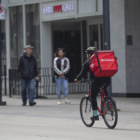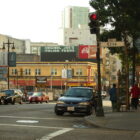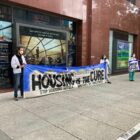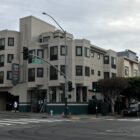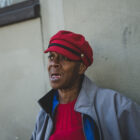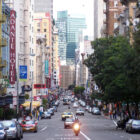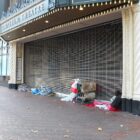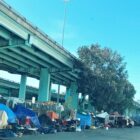Coronavirus
SF to Open Three Large Vaccination Sites
San Francisco plans to launch three high-volume sites to manage the rollout of two COVID-19 vaccines, with the goal of reaching 10,000 people a day, Mayor London Breed announced Friday. The sites will operate in addition to existing medical facilities and smaller, pop-up sites to create a citywide vaccination network.

